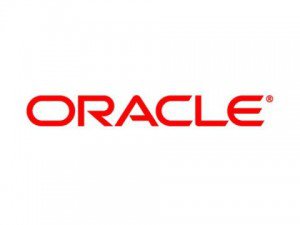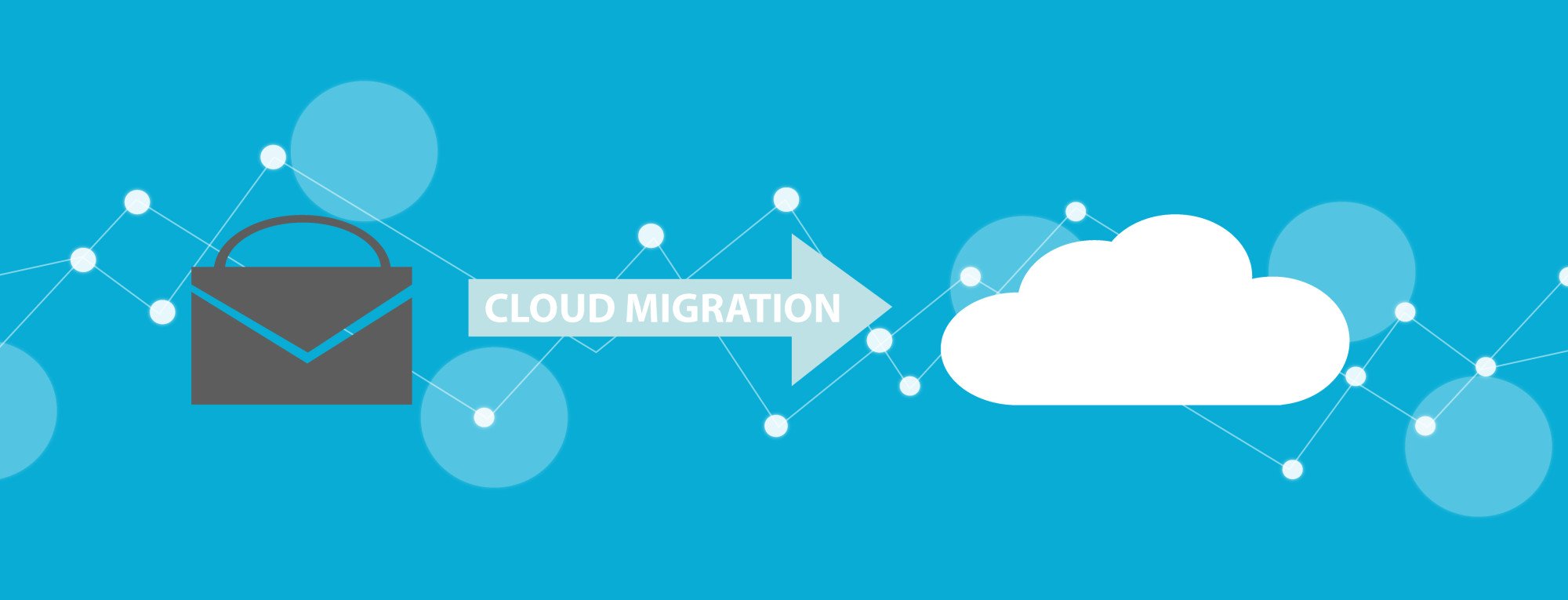Oracle Acquires DataRaker

Last week, Oracle announced plans to purchase DataRaker for an undisclosed amount. Although Oracle has purchased nearly a dozen companies this year alone, this is the first acquisition of a company in the water and energy sector. Unless you knew otherwise, one might assume this acquisition to be a mistake on Oracle’s part. After all, how is an energy company going to improve Oracle’s portfolio and long-term goals? Like all of their business endeavours and decisions, there’s a motive to their decision to purchase DataRaker, and here we’ll take a closer look at this deal.
What is DataRaker?
In short, DataRaker is a company that specializes in cloud-based billing and alalytics for energy companies. Although they don’t actually serve energy to consumers, they do in fact handle their billing through cloud computing. As you may already know, one of the primary benefits to using cloud-based computing is increased security, which is critical in billing systems. Instead of storing the billing information of their users on local hard drives, DataRaker can store it on secure cloud servers where there’s little-to-no chance of someone hacking in and accessing it.
Another unique benefit with DataRaker is their ability to offer energy companies more efficient customer service. As city populations continue growing at an overwhelming pace, energy companies are going their best to keep up with these demands. As a result, customer service is negatively impacted with so many accounts. DataRaker helps energy companies to improve their customer service by streamlining user accounts and information. Instead of weeding through databases full of accounts and information, companies can search specifically for what they need. Better customer service generally translates into more profit, which is something every energy company should seek for their business.
Although no one knows exactly what Oracle’s intentions are with DataRaker, it’s likely they are trying to capture niche-specific cloud-computing services to gain a footing in other sectors. Oracle is arguably the world’s biggest cloud-computing company; therefore, it’s safe to say they know a thing or two about the mechanics behind cloud-based software and hardware. While DataRaker will likely continue to run as a standalone service, Oracle could use their technical experience to make small improvements to the system. Of course we’ll have to wait to see what kind of changes Oracle makes with DataRaker, as the deal is still in the early stages of approval. With the 2012 year drawing to a close, it’s likely Oracle won’t officially acquire DataRaker until the first quarter of 2013.


